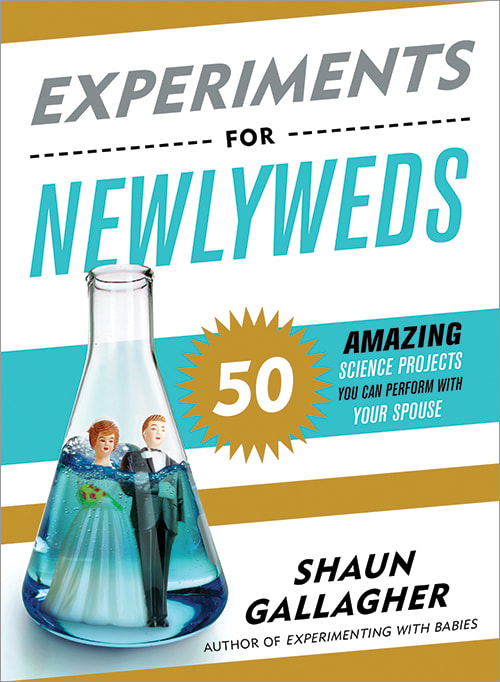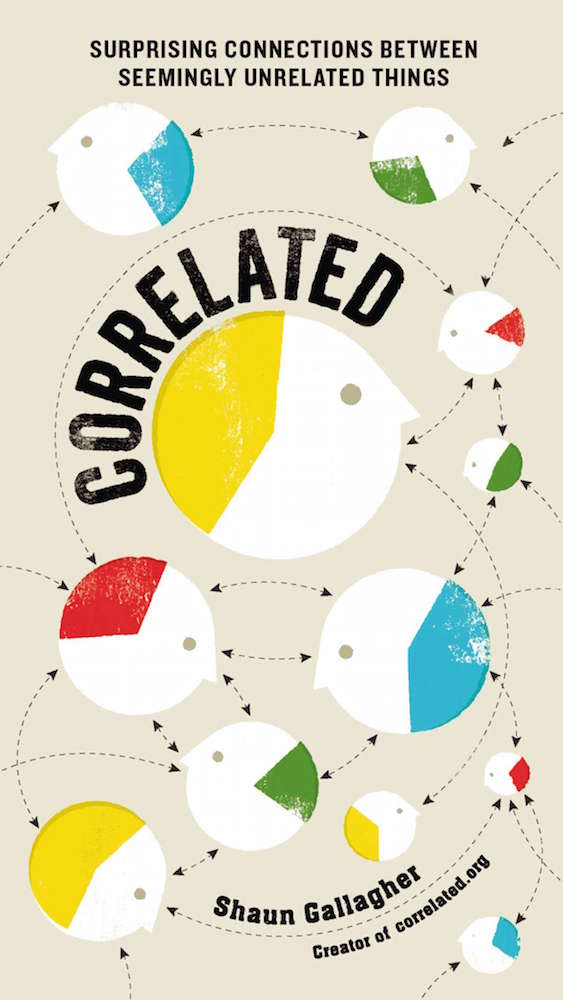When Wikipedia rose to prominence as an online encyclopedia, teachers everywhere began admonishing students not to use it as a primary source of information.
Some have gone so far as to ban students from even consulting Wikipedia as part of their research.
At best, that's a heavy-handed tactic to help their students build good research habits. But at worst, it prevents them from honing their B.S. detectors
through interaction with a tool that can be very useful for research if you know how to use it correctly.
The cardinal rule you need to employ when using Wikipedia for research is to treat it as a way to find promising sources, rather than as a source itself.
Or, to put it another way, Wikipedia is a lead-generation engine for reputable sources, but you've got to follow those leads.
The information presented in the entry itself should, according to Wikipedia's own standards, be backed up with citations, which are helpfully listed
at the bottom of each page.
True, it takes some additional discernment to know whether a cited source is reputable, but with practice, you can cultivate that skill.
Is ChatGPT the same?
Over the past few months, I've enjoyed exploring ChatGPT's capabilities. But the more I've encountered its failings, particularly when it
comes to factual assertions, the more I've come to realize how little tolerance we must have for incorrect information, if we want to do
anything truly useful with it.
At first, I approached it the same way I approached Wikipedia — with a grain of salt.
I understood that because of the way LLVMs work, I had to assume that everything it said, however matter-of-factly, had the potential to be utter nonsense.
"Okay, fine, I can live with that," I thought, "just as I've lived with that limitation of Wikipedia for 20 years."
But then I asked ChatGPT to start citing its sources.
It's worth noting that by default, ChatGPT provides information in a conversational way, without attributing it, but you can add "Cite your sources" at the
end of practically any prompt, and its answer will include its purported references.
I say "purported references" because I am not convinced that these sources are, in all cases, authentic. Some of the sources it has cited look
like they could be legitimate URLs or legitimate research paper titles — just as its answers look like they could be factual — but when I
examine those sources, they appear to be made up. I'm not just talking about reaching dead links, as one occasionally does with Wikipedia sources,
but links to URLs that have never been cached or linked anywhere else.
I can't rule out the possibility that ChatGPT is merely composing what it thinks an authoritative URL might look like.
And that's a huge problem, even if you're only treating ChatGPT as you might treat Wikipedia, in terms of its credibility.
The credulity crisis
We are living in the Information Age, with incredible storehouses of information just a click or a tap away.
This is a treasure — but it is one that requires a considerable amount of upkeep.
One of the chief threats to this treasure is misinformation, which left uncountered will grow like weeds and choke out the garden.
And misinformation comes in many forms, with varying degrees of intentionality.
My worry is that ChatGPT has some "dark patterns," including the lack of attribution, that make it harder for us to pick up on its
limitations and give it more credulity than it deserves.



